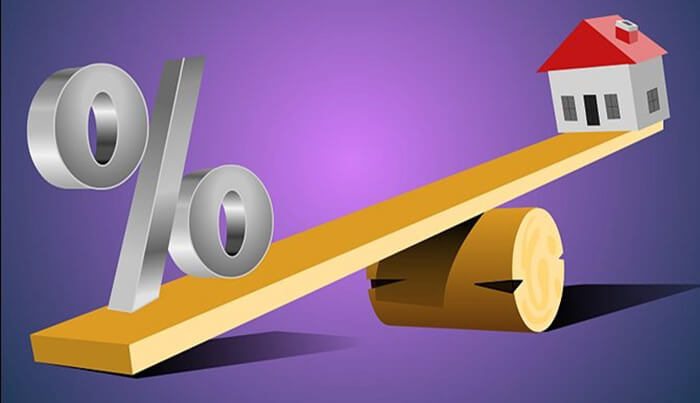When you refinance a mortgage basically you pay off your existing mortgage and create a new one. Sometimes you may even decide to combine both a primary mortgage and a second mortgage into a new loan. Refinancing may remind you of what you went through in obtaining your original mortgage although you may experience many of the same procedures and the same types of cost the second time around. There are several things that should be considered when deciding about to negotiate the second mortgage. Here are some of the helping tips that would help you to negotiate the best deal when refinancing the mortgage.

What Should You Know Before Refinancing a Second Mortgage?
Basically refinancing a second mortgage is getting a new mortgage to replace the original and refinancing is done to allow a borrower to obtain a different and even better interest terms and rate. The first loan is paid off by allowing the second loan to be created, instead of simply making a new mortgage and throwing out the original mortgage. With a perfect credit history for the borrowers refinancing can be a good way to convert a variable loan rate to a fixed and obtain a lower interest rate. In any financial crises, it can be difficult to make the payments on a home mortgage. Between possible high-interest rates and an unstable economy, making mortgage payments may become difficult than you ever expected. Without the right the knowledge it can be actually difficult for you to refinance by increasing your interest rate rather than lowering it.
- Lowering your interest rate: –
The interest rate on your mortgage is directly fixed that how much you pay on your mortgage each month. You may be able to get a lower rate because of changes in the market conditions or because your credit score has improved. A lower interest rate also gives you a chance to build equity in your home more quickly.
- Adjusting the length of your mortgage: –
Increase the term of your mortgage: You may want a mortgage with a longer term to reduce the amount that you pay each month. However, this will also increase the length of time that you will make mortgage payments and the total amount that you end up paying towards interest.
Decrease the term of your mortgage:
Shorter-term mortgages generally have lower interest rates. Additionally you pay off your loan sooner further reducing your total interest costs. The trade-off is that your monthly payments usually are higher because you are paying more of the principal each month.
- Take personal and work stock: –
If you think that your job or financial situation will change then it is probably best at least in the short term to go for a variable-rate mortgage. You can always lock in a fixed rate if your situation maintain. In the terms of flexibility to break a variable-rate is usually only three months of interest while the fixed rate is many, many times higher that is based on the interest rate differential.
- Know all of your payment choices: – Other than the fixed-rate and variable mortgage choices can also include;
Get Expert Help With Second Mortgage Refinance, Call 888-945-5553
Convertible: – A variable rate through which you can convert or change it usually with no charge to a fixed interest rate during the mortgage term but, there can be conditions such as the time when you can make the conversion or the maximum interest rate.
- Do it on your terms: –
The length of the mortgage that is usually six months to five years and there are also seven and ten year mortgages, and repayment that you choose depend on how much you want your payments to be and how long you want to take to pay off your mortgage. A longer-term mortgage can give you more financial strength while a shorter term one could help you avoid pre-payment charges if you want to end it early.
- Pick flexible payment options: –
There are different options for payment schedule; usually weekly, biweekly, semi-monthly and monthly. If you want to pay off your mortgage more quickly then choose more frequent payments because they will be applied to the principal sooner, resulting in reduced interest. Depending on your mortgage, you may also be able to double up on each mortgage payment or make lump-sum payments annually.
- Getting cash out from the equity that is built up in your home: –
Home equity is the dollar value difference between the balance that you owe on your mortgage and the value of your property. When you refinance for an amount that is greater than what you owe on your home and you can receive the difference in cash payment this is also called a cash-out refinancing. You can also choose to do this, for example, if you need cash to make home improvements or pay for a child’s education. You should also remember that when you take out equity, you own less of your home. It will take some time to build your equity back up. This means that if you need to sell your home, you will not put as much money in your pocket after the sale.
